Fasting: What Can It Do for You?

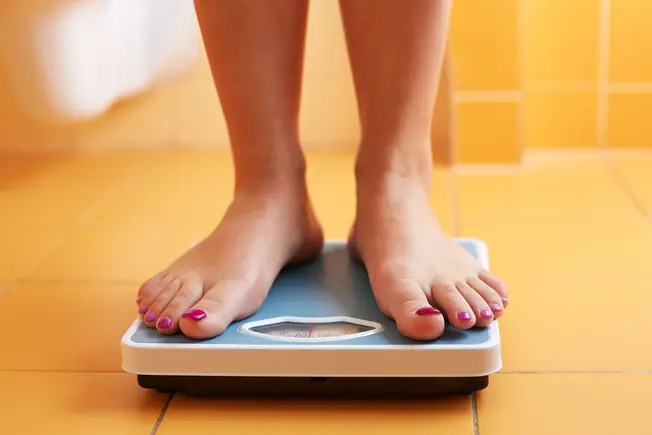
Boost Weight Loss
Studies show that no matter what your method of fasting, you’re likely to lose some weight when you do it. But a bigger benefit to note is that fasting also works to bust belly fat. Carrying too much weight around the middle raises your risk of heart disease, so losing it can give your health a boost.

Lower Blood Pressure
The science is pretty sound on the positive effect fasting has on your blood pressure. You’ll see a decrease when you stick to it for a long period of time. But once you stop, your readings go back to what they were before you started.
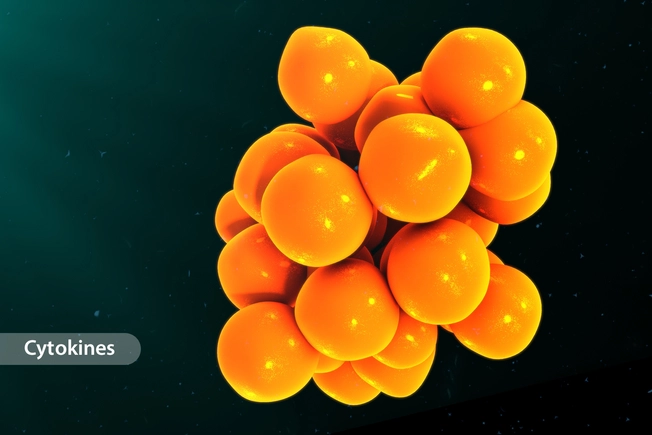
Ease Inflammation
Small proteins called inflammatory cytokines kick off the inflammation process in your body. Studies on men and women who fasted during the Muslim holy month of Ramadan showed that the number of these proteins drops after 3 weeks of fasting. Similar studies on adults with asthma showed the same result: Fasting improves symptoms and lung function.

Lower Cholesterol
There’s no solid proof yet, but a few small studies show that fasting -- especially every other day or alternate-day fasting -- can lower LDL cholesterol. That’s the type that can build up in your arteries. Fasting doesn’t seem to affect HDL cholesterol.
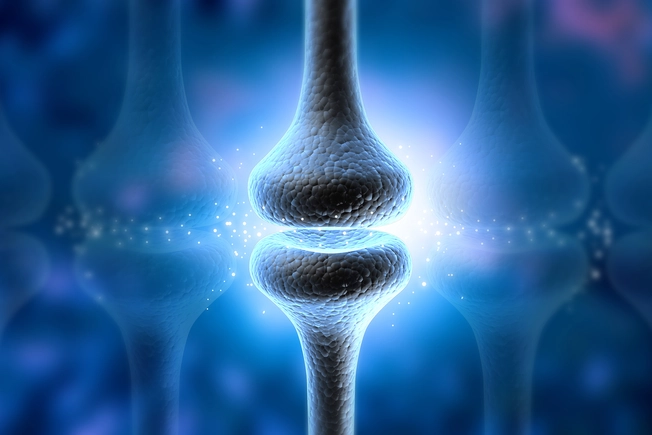
Boost Brain Function
So far, most information about fasting and brain function comes from non-human research. Studies of fasting rats show improvement in both brain structure and growth of nerve cells that improve brain function. Experts are looking into how this might help slow conditions such as Alzheimer’s disease and Parkinson’s disease.

Cut Cancer Risk
Animal and cell studies show fasting may help block tumor growth and help chemotherapy work better in people with cancer. There isn’t enough research yet on humans to know how fasting affects cancer risk in people.
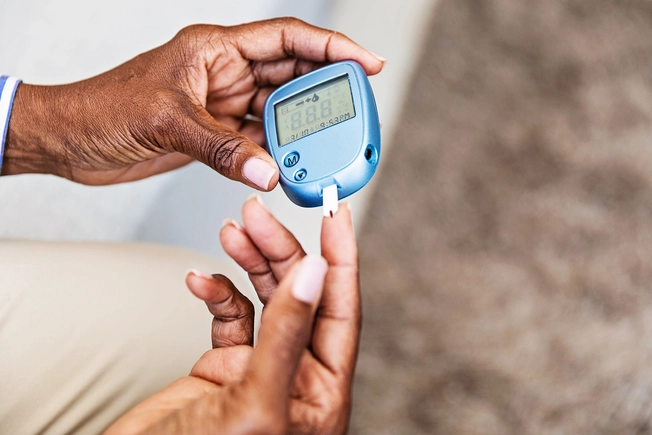
Improve Insulin Resistance
Recent studies in people with insulin resistance suggest that fasting can improve how well insulin works in the body. Research is still ongoing.

Better Sleep
The jury’s out on how fasting might affect your shut-eye. Some studies say it can lower the amount of rapid eye movement (REM) sleep, the sleep phase where you dream and your brain puts memories together. Other studies suggest fasting might raise the levels of chemicals that make you feel more awake during the day.

Longer Life
Scientists say we need more research on humans to say for sure whether fasting adds years to your life. But so far, studies show that it improves health in ways that would help you live longer, like reducing cell damage.
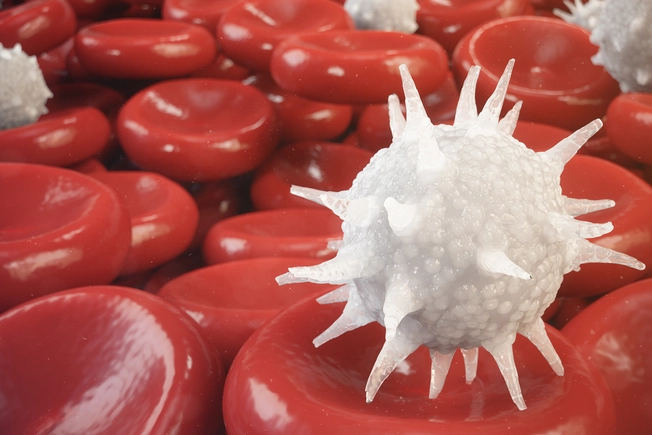
Stronger Immune System
Fasting could help boost immunity, but there isn’t much research on humans yet. Studies on rats and a small group of people in a clinical trial show that fasting while on chemotherapy helps to protect white blood cells and also grow new ones.

Clearer Skin
There are plenty of claims that fasting helps clear up acne and improve skin, but there isn’t much science to back it up. Not many studies have been done yet to find out what impact fasting has on skin health.

Better Stroke Outcomes
In animals, studies show fasting protects the brain from damage after a stroke and speeds recovery. But there aren’t any studies that prove this in humans yet.